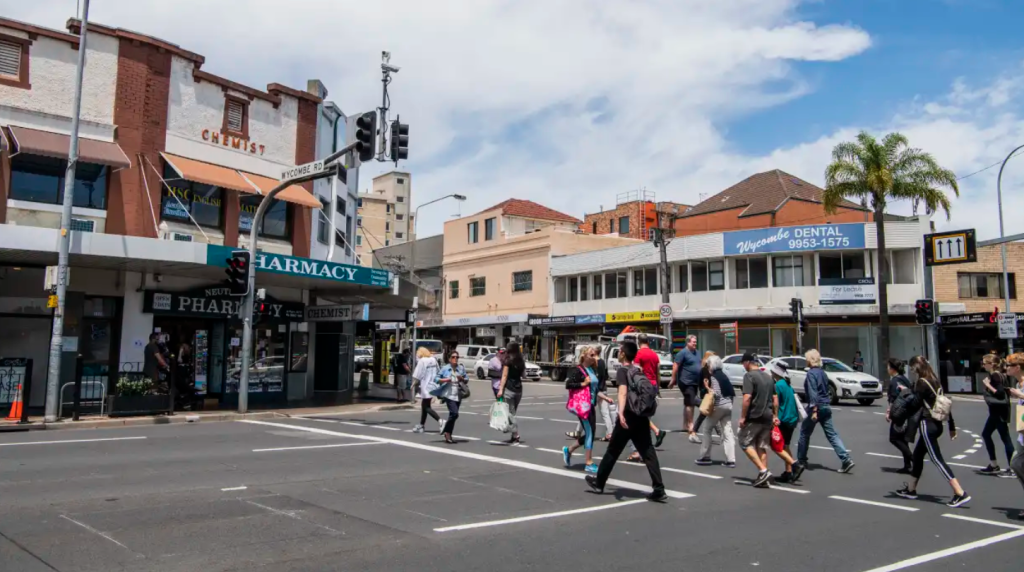
What happens to commercial real estate when government stimulus measures end?
Retail shops could soon go the way of empty city office towers, with small businesses facing a “year of reckoning” as government stimulus measures are wound back.
It could trigger a wave of distressed selling in the commercial property market, sending values plunging, according to the director of an accountancy firm in Sydney.
“We are already in a recession – it just has a big dirty Band-Aid on it,” said Leah Oliver of Minnik Chartered Accountants, a firm specialising in small family-run businesses.
The end of support packages – such as JobKeeper, loan relief and mortgage deferrals – will increase the number of properties added to the market later this year, Ms Oliver predicted, as mortgagees worry about possible foreclosures.
“What we expect to see is distressed sellers, and distressed selling of property is what disrupts the market,” she said.
“We haven’t seen any of that yet because stimulus measures have meant people haven’t felt the pressure to liquidate [their] assets.”
Ms Oliver anticipated demand for small commercial properties would only continue to decline as working from home became the new norm and businesses opted not to renew current lease agreements.
Office occupancy rates remain at record lows in CBDs, with figures revealing an estimated two-thirds of Melbourne offices were empty in January, while Sydney offices were less than half full.
“When some of these leases are not being renewed, then those investments are a lot less lucrative to any investors left out there who are still willing to invest,” Ms Oliver said. “Most investors want long-term leases signed.”
Her sobering predictions about office and retail commercial real estate have also become personal. Ms Oliver recently listed for sale the office the firm had occupied for three years – and where she’d undertaken a major renovation – because her staff are all working from home.
“To have an asset sitting there that was empty, it was a no brainer,” she said.
She said the writing was on the wall when it came to a looming downturn in the commercial property market, but its severity and duration remained a mystery.
“At the end of the day, it’s pure economics. It’s a recession,” she said. “But we will pass through it and come out the other end.”
And the Australian property market would remain viable in the long term, Ms Oliver added, because it was considered an overall low risk due to our strong health system.
The financial health and sustainability of small businesses across the country were largely unknown, according to Anne Nalder, the chief executive of the Small Business Association of Australia.
“Some businesses have survived well, probably have thrived in some areas; many businesses are barely surviving,” she said. “Some industries have been decimated, and others are okay.”
Ms Nalder said Treasurer Josh Frydenberg’s comments hailing economic recovery based on the falling number of businesses eligible for JobKeeper had not painted the full picture.
“A lot of businesses got knocked out of the system because they had one month that went well,” she said. “To me, there’s a lot of absolute unknowns.”
She believed it would take up to six months after JobKeeper ends on March 31 to see the state of affairs for small business.
“I think this year is going to be a tough year, probably tougher than last year.”
“Last year was the year of the unknown, but there was a certain amount of protection, and all of that is coming to an end. And this year is going to be the year of reckoning.”










